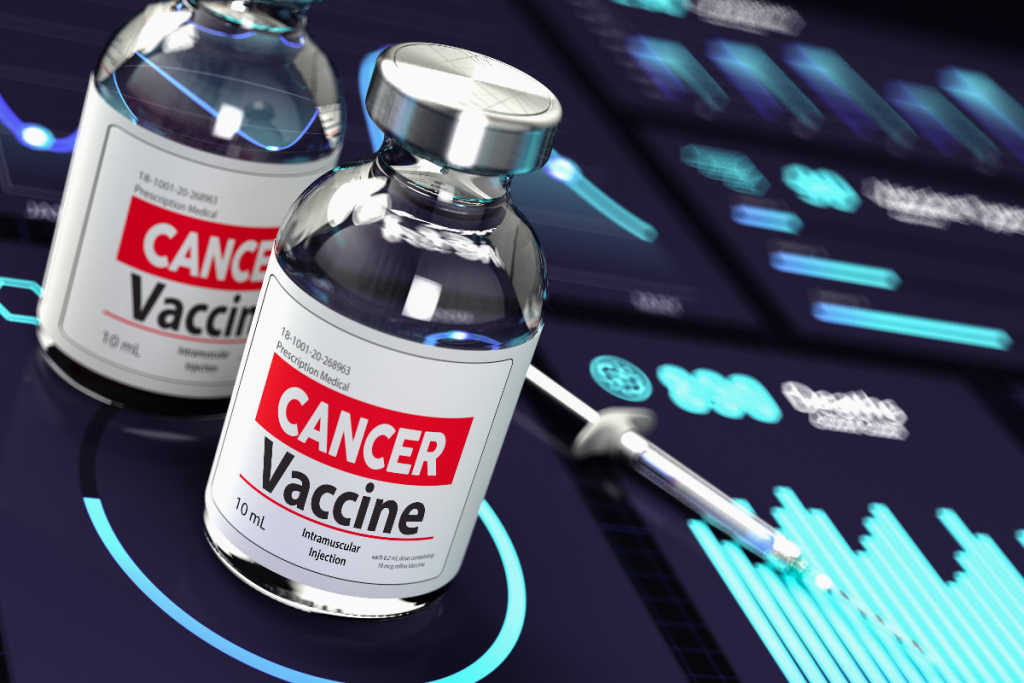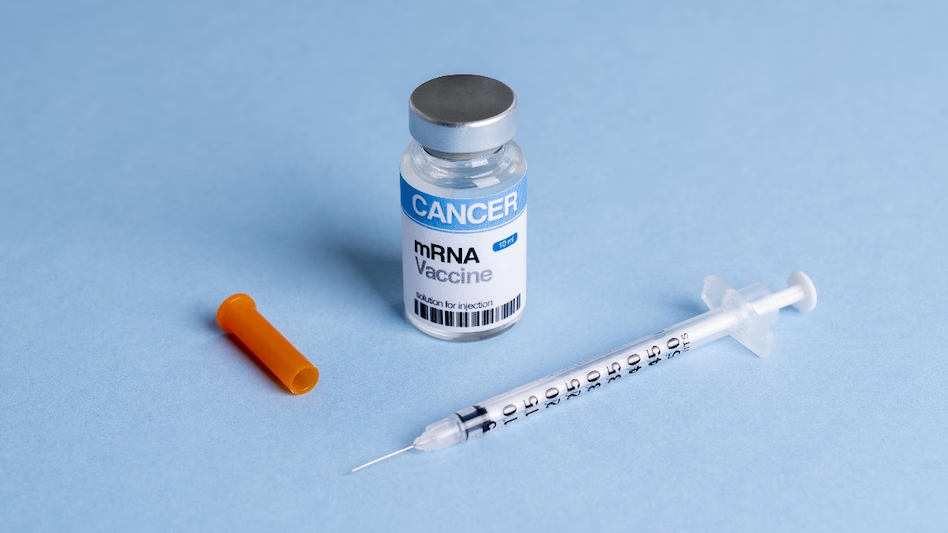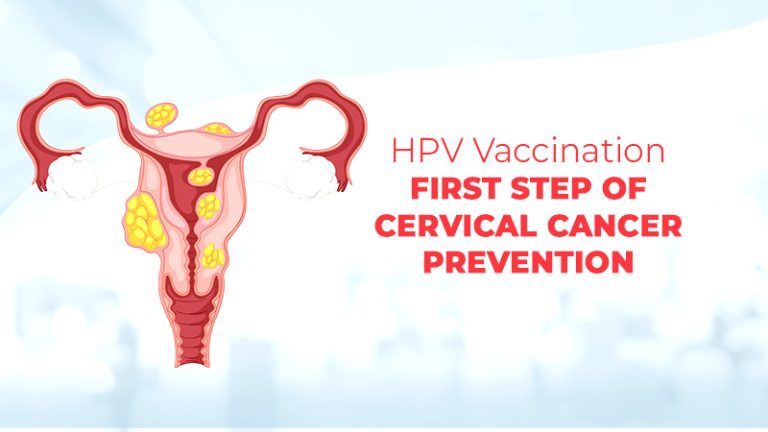
Russia is preparing to launch its first clinical trials of a personalized mRNA cancer vaccine, which will be used to treat melanoma patients in the coming months. The vaccine, developed by the Gamaleya Research Institute, is custom-made for each individual based on their unique tumor profile.
Vaccine built from patient’s tumor data
Alexander Gintsburg, the director of the Gamaleya Center, confirmed that the vaccine will be tested at the Blokhin Cancer Center and the Hertsen Research Institute in Moscow. He explained that each vaccine dose is created using a patient’s specific tumor data and cannot be shared or reused for others.
“This is a fully personalized therapy,” Gintsburg told RIA Novosti. “It’s designed individually for each cancer patient.”
How the personalized mRNA cancer vaccine works

The mRNA cancer vaccine uses advanced artificial intelligence to analyze the genetic makeup of a tumor. Based on this data, the system designs a messenger RNA sequence that trains the patient’s immune system to recognize and destroy cancer cells. The immune response is driven by cytotoxic lymphocytes—specialized cells that attack tumors.
The full process, from tumor analysis to vaccine production, takes about one week, thanks to AI support. According to Gintsburg, early results in animal models and limited human trials have been promising.
A new regulatory path for personalized medicine in Russia
Because the vaccine is patient-specific, it does not follow traditional drug approval procedures. Instead, Russia has introduced a new legal framework for personalized cancer treatments, allowing for faster evaluation and deployment of therapies like this.
Gintsburg confirmed that the Gamaleya team is working closely with Russia’s Health Ministry to meet these new standards.
Expansion to treat other types of cancer
While the first phase of trials will focus on melanoma treatment, researchers are also adapting the mRNA platform for other difficult-to-treat cancers, including:
- Pancreatic cancer
- Kidney cancer
- Non-small-cell lung cancer
These cancers are known for their resistance to traditional therapies, making personalized immunotherapy a promising alternative.
Free treatment for Russian citizens
Russia’s Health Ministry has announced that, once approved, the vaccine will be provided free of charge to cancer patients within the country. Despite a high production cost of approximately 300,000 rubles (around $2,870 USD) per dose, the government plans to fully subsidize the treatment.
Andrey Kaprin, head of the Radiology Medical Research Center, noted that this vaccine is not a preventive measure, but a therapeutic tool meant to treat patients already diagnosed with cancer.
High hopes for personalized cancer care
With over 4 million people in Russia currently battling cancer, and 625,000 new cases diagnosed annually, this personalized mRNA approach could mark a turning point in how the country handles cancer care.
Gintsburg also mentioned that several international medical institutions have expressed interest in collaborating on the project.
mRNA cancer vaccines in global trials
Similar mRNA-based cancer therapies are currently being tested in the United States and the United Kingdom, where early-stage clinical trials for melanoma and glioblastoma have shown encouraging results, including stronger immune responses and improved patient survival rates.


